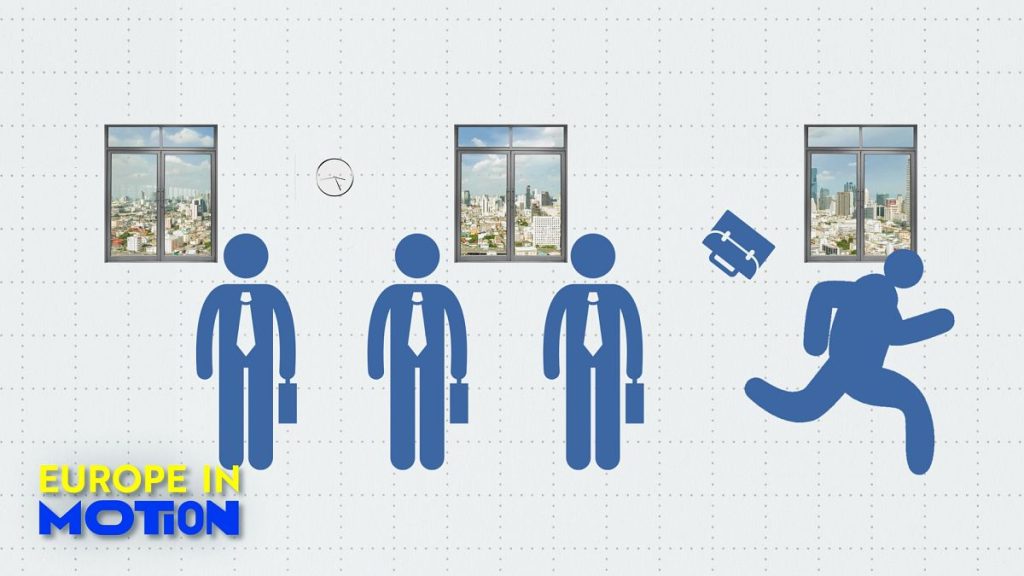Introduction to Middle Management’s Role and Stresses
Middle management plays a central role in the workplace, yet many are under significant pressure and experiencing burnout. This author reflects on their journey through Job seeking and the obstacles they face in navigating the complex landscape of managerial roles. The challenges they encounter, such as stress, burnout, and the neglect of key training, highlight the pressing need for better support and understanding among employees.
Middle Management’s Stress and Burnout
Middle management is often.psychologically and physically strained, with many feeling overwhelmed and neglected by their immediate superiors. A survey by Capterra revealed that 75% of middle Managers report high stress levels, contributing to burnout. Additionally, adopting effective leadership roles requires extensive training, which not all middle Managers possess when promoted. They are frequently forgetful of critical training programs that would equip them for higher executive roles.
The Role of Feedback and Determining Progress
While feedback is vital for performance improvement, middle Managers are less inclined to seek one-to-one meetings, frequently only receiving vague suggestions about how to enhance their skills. This under-finding of feedback construes a significant hurdle, as it hampers their ability to objectively plant themselves on the right path, independently of their current leadership aspirations.
Challenges in Seeking Promotions
The data indicates that only 24% of middle Managers actively seek promotions, with a clear uphill battle. This isolation raises fundamental questions about how leadership roles are positioned once one becomes eligible. The challenges owed to middle Managers by their Teams fill many long gaps, underscoring the need for better understanding and preparation. These perspectives adopt a critical perspective, confronting the acknowledges role they play in the workplace.
Conclusion
In conclusion, the challenges faced by middle management underscore the need for a deeper understanding of their situation and greater support for development. By addressing stress, burnout, feedback, and training, individuals can more effectively navigate the complexities of their roles. The future of leadership roles like middle management likely hinges on a more proactive approach to their career, recognizing the roles they play in shaping the organizations they join.










